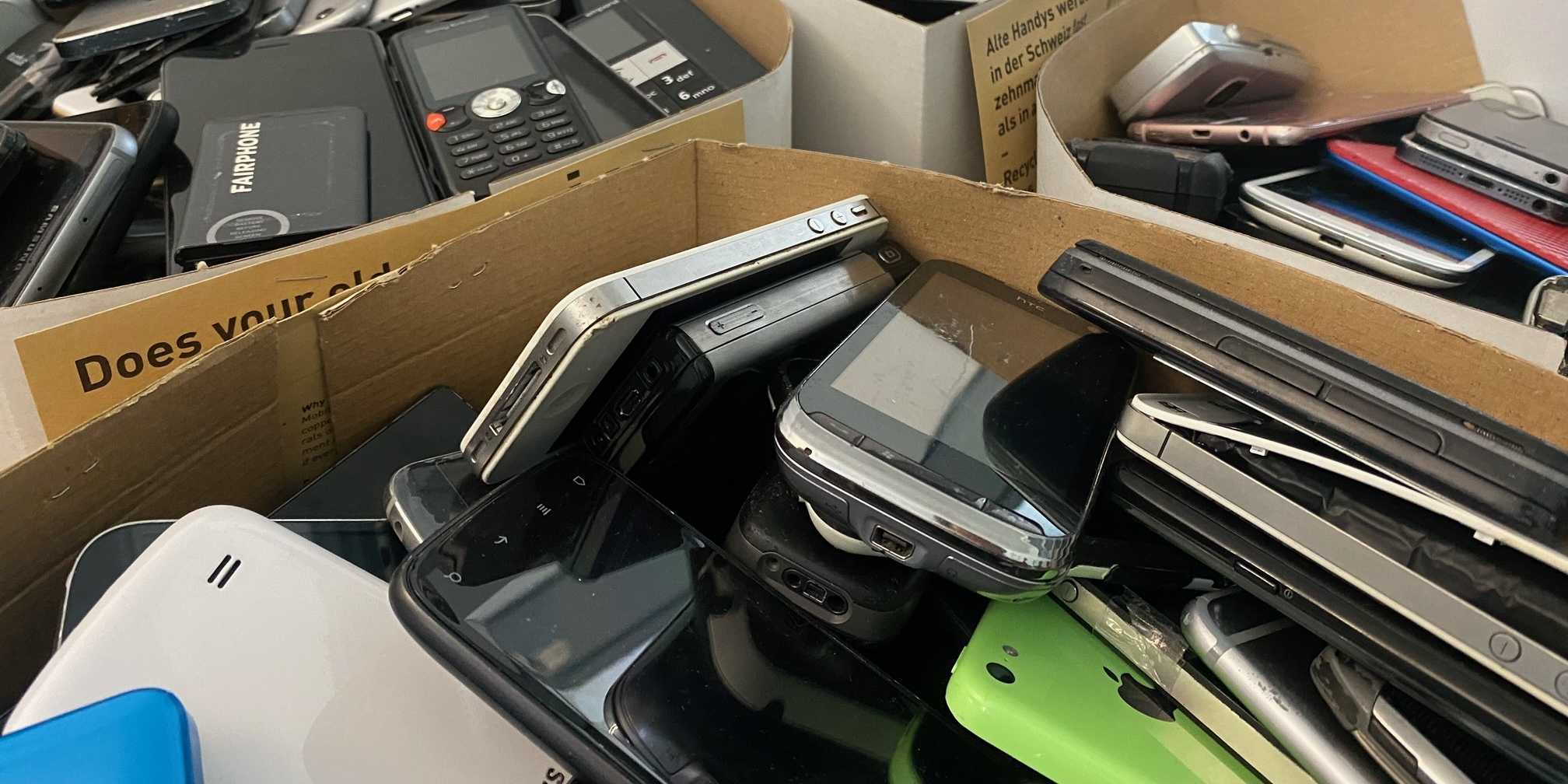Study: Urban mining in Switzerland
A novel study analyses the viability of urban mining in Switzerland using a representative survey of 2,500 Swiss respondents and an experiment with 15,000 employees of ETH Zurich.

The rapid evolution of technology has led to an ongoing increase in the ownership of cell phones. The devices contain a variety of different metals, most of which are extracted through ecologically harmful practices. One promising strategy to reduce this environmental footprint is urban mining, such as extracting metals from discarded cell phones.
Antoinette van der Merwe, Livia Cabernard and Isabel Günther conducted an in-depth study to investigate the feasibility and potential impact of this approach in Switzerland.
Unused cell phones in abundance
The representative survey, which included 2,500 Swiss respondents and an experiment with 15,000 ETH Zurich employees, revealed some interesting findings. In Switzerland alone, an estimated seven million unused cell phones are lying around, containing about $10 million worth of gold.
Of all respondents in the study, 22% said they don't know why they keep their obsolete phones, while 40% are willing to part with these devices for a small amount – in many cases, less than $5.
Increasing recycling rates
The study explored several strategies to increase cell phone recycling rates. It is found that informational treatments do not significantly affect recycling rates. However, reducing transaction costs associated with recycling led to a doubling of recycling rates from previously 2.1% to 5.5%.
Economic viability of urban mining
The pressing question, then, is whether urban mining is economically viable. From a purely market-oriented perspective, the answer is no. The mining costs for urban mining exceed the current market value of the metals contained in cell phones.
However, the picture changes when one considers the extensive environmental costs associated with sourcing metals for electronic devices from primary mines. When these significant environmental externalities are taken into account, urban mining is transformed from a cost-inefficient process into a profitable and environmentally sustainable alternative.